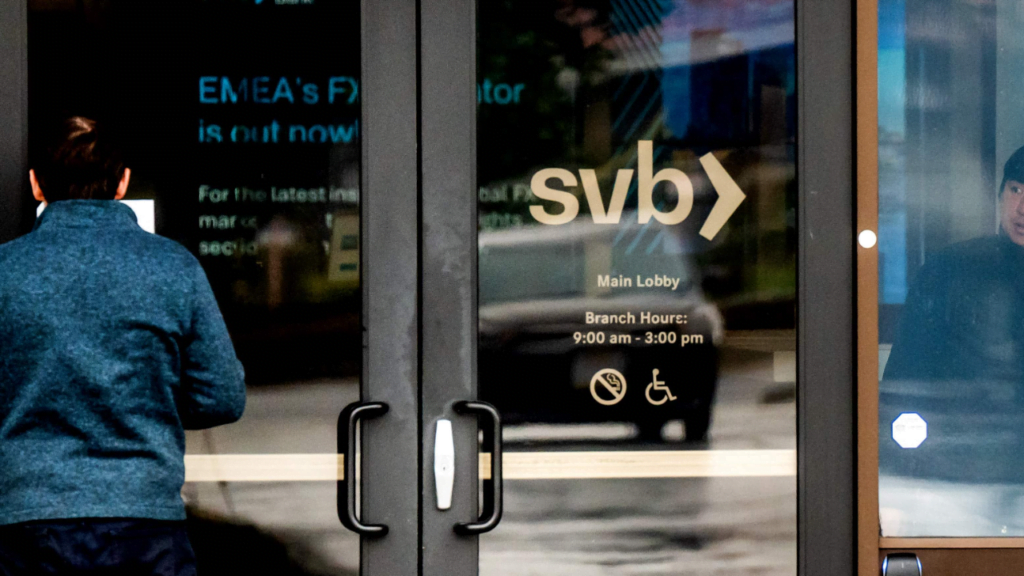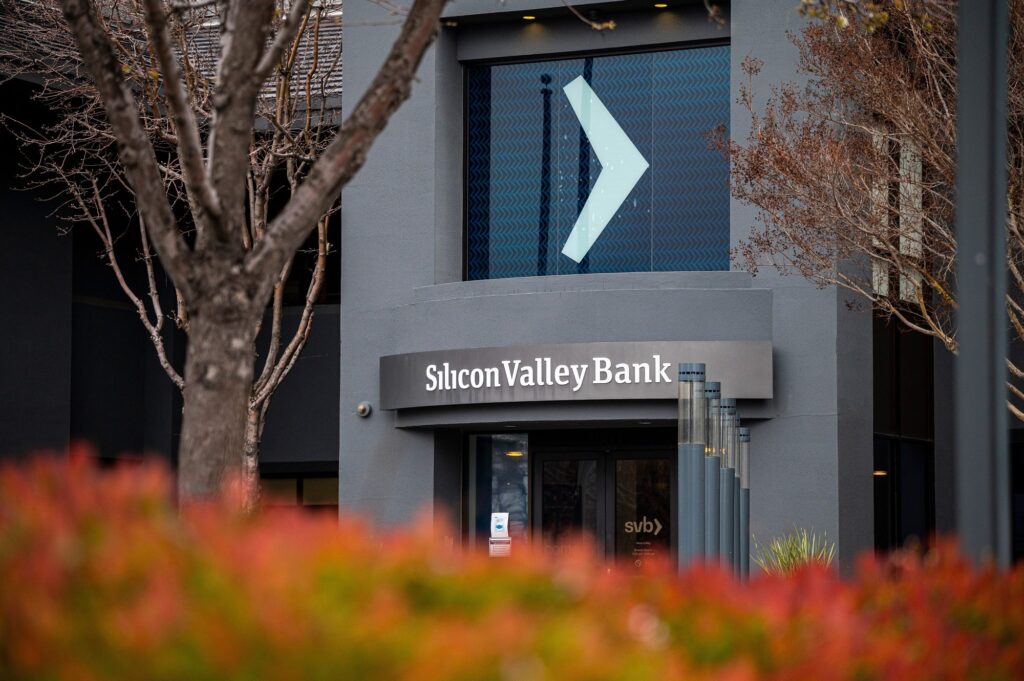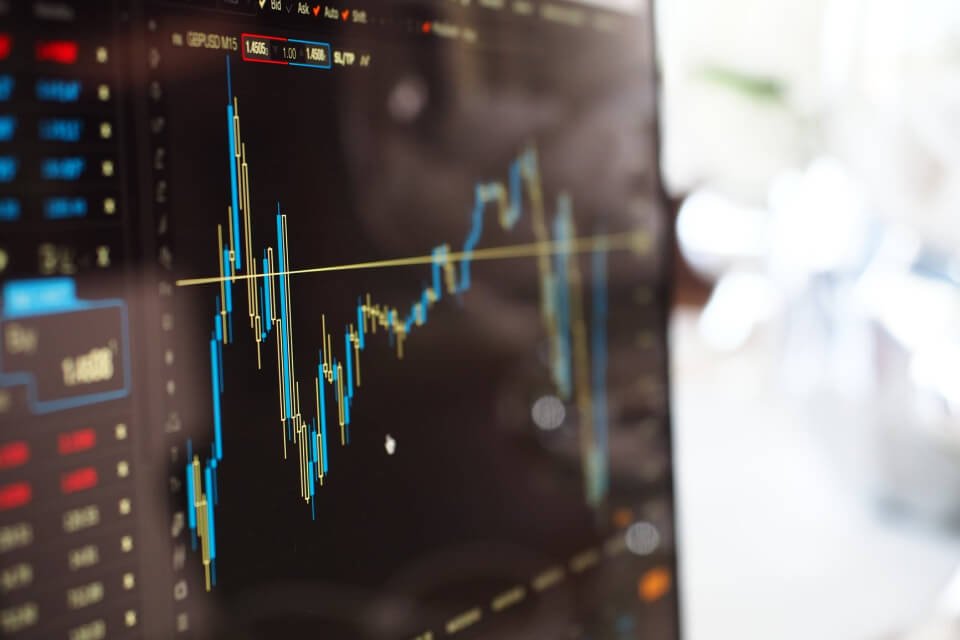The nation’s 16th-largest bank, Silicon Valley Bank, failed this week as depositors rushed to withdraw funds amid concerns about the bank’s health. After Washington Mutual’s demise in 2008, it was the second-largest bank failure in U.S. history.
According to a release that was distributed on Friday by the Federal Deposit Insurance Corporation, Silicon Valley Bank has been closed by regulators, and the bank’s deposits are now under their control.
SVB’s 17 branches are closed today, but operations will resume on Monday, this time under the direction of the FDIC. Giving customers access to their deposits appears to be the most important of the FDIC’s many initiatives. A similar update says that all protected contributors will have “full access” to “guaranteed” stores no later than Monday morning, Walk 13, 2023 and that official checks “will keep on clearing.” According to the memo, uninsured depositors will receive an advanced dividend within the next week, and additional dividends may be distributed as SVB assets are sold by the FDIC.
According to the definition provided by the FDIC, “deposit insurance” refers to the protection of deposits up to a maximum of $250,000 per depositor, per FDIC-insured bank, and per ownership category. Is it possible for depositors to receive more? It’s unclear. On the FDIC’s website, in the event of a bank failure:
The action was taken in response to SVB’s announcement on Wednesday that rising interest rates had caused it to lose $1.8 billion when selling mortgage-backed securities and U.S. treasuries that it had invested in. The bank also announced that it was investing in higher-yield products and raising more cash. Founders were encouraged by their VCs to withdraw money or diversify from the bank, which sparked a panic that caused the share price to drop more than 50%.
Greg Becker, the CEO of SVB, told venture clients in a call yesterday that their funds are secure and that the stock sale was made in an effort to improve the bank’s financial flexibility, stability, and profitability.

The Treasury Secretary is “closely observing”
Janet Yellen, the Treasury Secretary, was “watching closely,” according to the White House. The administration wanted to reassure the public that the banking system is much better off now than it was before the Great Recession.
Cecilia Rouse, chair of the White House Council of Economic Advisers, stated, “Our banking system is in a fundamentally different place than it was, you know, a decade ago.” We’d like to see the kind of resilience provided by the reforms implemented back then.
After mortgage-backed securities tied to risky housing loans lost value in 2007, the biggest financial crisis since the Great Depression hit the world. Lehman Brothers, an 1847 company, was destroyed by the panic on Wall Street. The crisis resulted in a cascading breakdown of the global financial system, putting millions out of work, as major banks had significant exposure to one another.
According to the FDIC, Silicon Valley Bank, which is situated in Santa Clara, California, had total assets of $209 billion at the time of its failure. It was not clear how many of its deposits were higher than the insurance limit of $250,000, but prior regulatory reports indicated that many accounts were higher than that amount.
To improve its capital position, the bank announced plans to raise up to $1.75 billion on Thursday. As a result, shares fell 60%, sending investors scrambling. They fell even further on Friday, just before the Nasdaq, where the bank’s shares were traded, opened.
As its name suggested, Silicon Valley Bank was a significant monetary conductor between the innovation area, new businesses and tech laborers. If a founder of a startup wanted to find new investors or go public, it was considered good business sense to establish a relationship with the bank.
Imagined in 1983 by fellow benefactors Bill Biggerstaff and Robert Medearis during a poker game, the bank utilized its Silicon Valley roots to turn into a monetary foundation in the tech business.
According to Bill Tyler, CEO of TWG Supply in Grapevine, Texas, when his employees texted him at 6:30 a.m. on Friday to complain that they had not received their paychecks, he was the first to realize something was wrong.
The money for the checks had already been sent to a payroll services provider using Silicon Valley Bank by TWG, which only has 18 employees. Tyler was having a hard time figuring out how to pay his employees.
He stated, “We’re waiting on approximately $27,000.” Already, it hasn’t been paid on time. The position is already uncomfortable. I don’t want to ask any employees, “Hey, can you wait until mid-week to get paid?,” because I don’t want to.”
Silicon Valley Bank’s problems were made worse by its connections to the tech industry. After a growth surge during the pandemic, technology stocks have suffered severely over the past 18 months, and layoffs have spread throughout the industry. Funding for venture capital has also been going down.
The Federal Reserve’s aggressive series of interest rate hikes to cool the economy at the same time had a significant impact on the bank.
The value of generally stable bonds starts to decline as the Fed raises its benchmark interest rate. That isn’t usually a problem, but banks sometimes have to sell bonds before they mature to cover the exodus when depositors start withdrawing their money.
Silicon Valley Bank was forced to sell highly liquid assets worth $21 billion in order to cover the sudden withdrawals. On that sale, it suffered a loss of $1.8 billion.
FarmboxRx CEO Ashley Tyrner stated that she had spoken with a number of friends whose businesses receive funding from venture capital. She said that because of the bank’s failure, they were “beside themselves.” Tyrner’s head working official attempted to pull out her organization’s subsidizes on Thursday yet neglected to do as such in time.
According to Tyrner, “one friend said they couldn’t make payroll today and cried when they had to tell 200 employees about this issue.”




Pingback: In Xi’s ‘New Era,’ China’s Foreign Policy Centers on ‘Struggle’ Hidden Thinker
Pingback: China Is Interfering With American Affairs Hidden Thinker